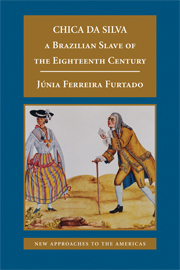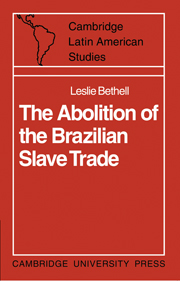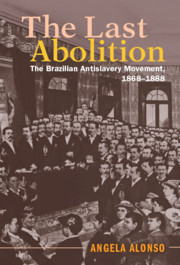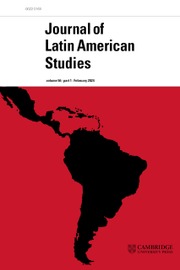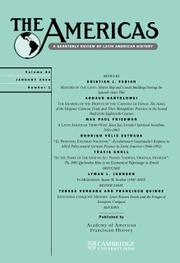Chica da Silva
Júnia Ferreira Furtado offers a fascinating study of the world of a freed woman of color in a small Brazilian town where itinerant merchants, former slaves, Portuguese administrators and concubines interact across social and cultural lines. The child of an African slave and a Brazilian military nobleman of Portuguese descent, Chica da Silva won her freedom using social and matrimonial strategies. But her story is not merely the personal history of a woman, or the social history of a colonial Brazilian town. Rather, it provides a historical perspective on the cultural universe she inhabited, and the myths that were created around her in subsequent centuries, as Chica de Silva came to symbolize both an example of racial democracy and the stereotype of licentiousness and sensuality always attributed to the black or mulatta female in the Brazilian popular imagination.
- Explores issues of slavery, racial distinction, gender, social mobility, and local colonial policy
- Draws on a wide range of sources, including major archives in Brazil and Portugal, as well as literature on the colonial period in Portuguese and English
- For scholars in Atlantic history, African diaspora, slavery, gender, and Latin American history
Product details
January 2009Paperback
9780521711555
358 pages
228 × 163 × 18 mm
0.48kg
Available
Table of Contents
- 1. Land of stars
- 2. Chica da Silva
- 3. The diamond contractors
- 4. Black diamond
- 5. The lady of Tejuco
- 6. Life in the village
- 7. Mines of splendour
- 8. Separation
- 9. Disputes
- 10. Destinies
- 11. Chica the boss.

